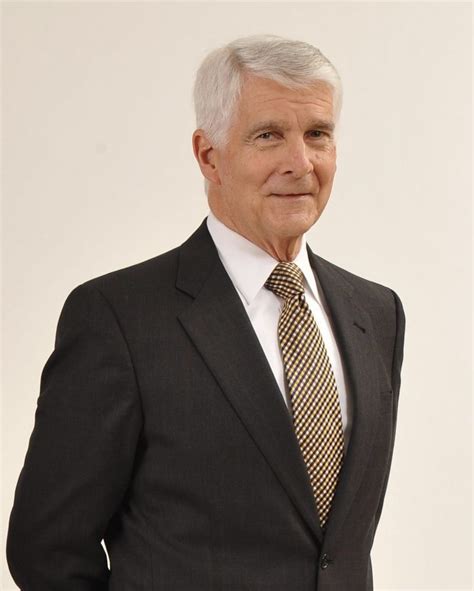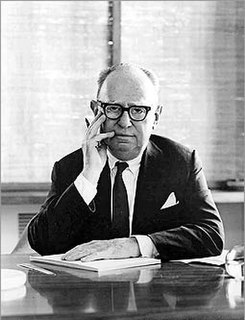A Quote by Paul Krugman
Our popular economics writers, however, are not in the business of giving their readers a ringside seat on the research action; with no exception I can think of, they use their books to do an end run around the normal structure of scholarship, to preach ideas that few serious economists share. Often, these ideas are not just at odds with the professional consensus; they are demonstrably wrong, and sometimes terminally silly. But they sound good to the unwary reader.
Related Quotes
There is this thing called the university, and everybody goes there now. And there are these things called teachers who make students read this book with good ideas or that book with good ideas until that's where we get our ideas. We don't think them; we read them in books. I like Utopian talk, speculation about what our planet should be, anger about what our planet is. I think writers are the most important members of society, not just potentially but actually. Good writers must have and stand by their own ideas.
I have a total responsibility to the reader. The reader has to trust me and never feel betrayed. There's a double standard between writers and readers. Readers can be unfaithful to writers anytime they like, but writers must never ever be unfaithful to the readers. And it's appropriate, because the writer is getting paid and the reader isn't.
I am often talking about the ideas collected in Normal Life in contexts that are not academic, or that are full of people who are not primarily engaging as theorists or theory-readers. Being able to make ideas visual, especially critical ideas about movements that can be difficult to hear because of attachments we have to certain national narratives, or because of ways that we see ourselves, is especially useful.
If you hear a good idea, capture it; write it down. Don't trust your memory. Then on a cold wintry evening, go back through your journal, the ideas that changed your life, the ideas that saved your marriage, the ideas that bailed you out of bankruptcy, the ideas that helped you become successful, the ideas that made you millions. What a good review-going back over the collection of ideas that you gathered over the years. So be a collector of good ideas for your business, for your relationships, for your future.
There are more ideas on earth than intellectuals imagine. And these ideas are more active, stronger, more resistant, more passionate than "politicians" think. We have to be there at the birth of ideas, the bursting outward of their force: not in books expressing them, but in events manifesting this force, in struggles carried on around ideas, for or against them. Ideas do not rule the world. But it is because the world has ideas (and because it constantly produces them) that it is not passively ruled by those who are its leaders or those who would like to teach it, once and for all, what it must think.





































